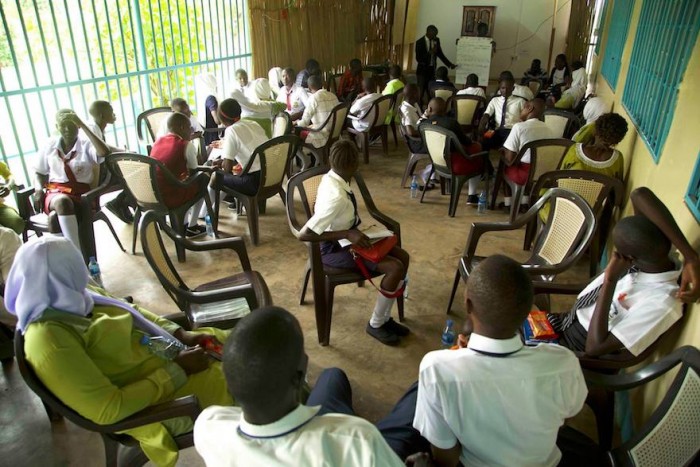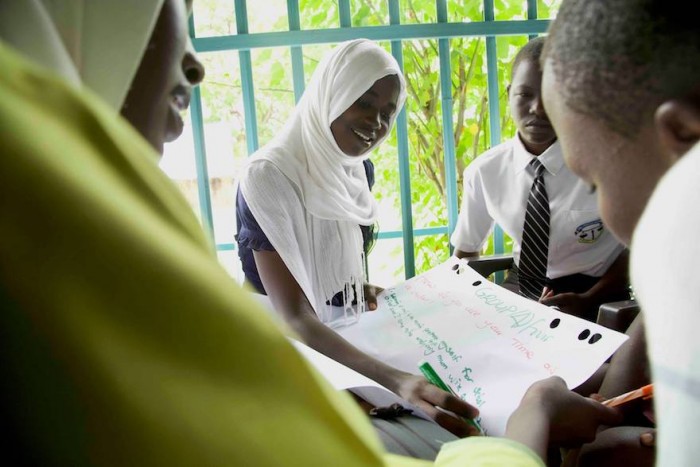It has been seven years since South Sudan gained independence to become one of the most diverse countries on the continent with about 60 different ethnic groups.
But the independence of this oil-rich country has also come at a cost. As Yine Yenki Nyika explained to me when we met recently during the ISEA2018 at the Durban Innovation Festival, the war and continued unrest has come at a cost to the economy.
Nyika is an assistant lecturer who also worked as the head of the department of computer science at the College of Computer Science and Information Technology at the University of Juba in South Sudan.
She co-founded the GoGirlsICT Initiative in 2015 because the war meant that people had no work and in looking for alternative ways to survive, young girls were increasingly vulnerable.
GoGirlsICT teaches girls how to code and they organise hackathons in and around Juba.
“The formal education system in South Sudan has created professionals who are more of job seekers rather than makers, with women and girls being affected most. They are looked at them as a source of wealth for their families who exchange them for property and wealth; and with the economic difficulty, the bride price for the girl child has escalated, especially for an educated girl child. They tend to prefer marriage to unemployment because at least with marriage they can get a daily meal and a small allowance to cater for their basic needs,” she says over email once back in Juba.
Before independence, South Sudan used to produce about 85% of all the oil coming out of Sudan. Now oil revenues constitute about 98% of the government of South Sudan’s budget.
For Nyika, the ICT sector presents an opportunity not only for the economy but to help educate young girls while also keeping them engaged and empowered.
She says: “What started with having small workshops and open days with students has, so far, expanded to two active projects which are running concurrently… The Time To Shine ICT (TTOSICT) project was a year long pilot project that was implemented in 2017 after winning third place prize at the UNDP Youth Innovation challenge for peace in South Sudan.”
The programme was implemented in four schools (two primary and two secondary schools) where five students were selected from each school to participate and be mentored by five mentors from university level.
“This year in partnership with #UNDPSouthSudan, we are targeting 100 students, 10 each from five primary and five secondary schools to participate in the mentorship and 60 of them to compete among themselves. As a result of our previous mentorship, most schools want us to mentor more students.”
Nyika helped lead the peacebuilders code-a-thon at the South Sudan #peacehackcamp and has also spoken at international events on issues relating to gender and ICT.
In partnership with r0g_agency, they started the #Defyhatenow project for combating online hate speech.
But working in a country with little to no infrastructure has its challenges.
She says: "Being a country with poor infrastructure coupled with insecurity and a devastating economy, we face several challenges. For example, lack of electricity to charge the devices used during the trainings, limited number of laptops for the participants to use and poor internet access. Access to space to hold the workshops is sometimes difficult and we end up under a shade. But despite everything, we still love what we do and are future aspirations is to see this program expand to all schools within the country when the security situation improves.”
Related stories:
Kenyan start-up, Brck, plans to bring wifi to those who cannot afford it
Nupe Project is a start-up with ambitious goals for West Africa’s industrial design market.
Angolan innovation hub is helping to transform the nation's creative sector








